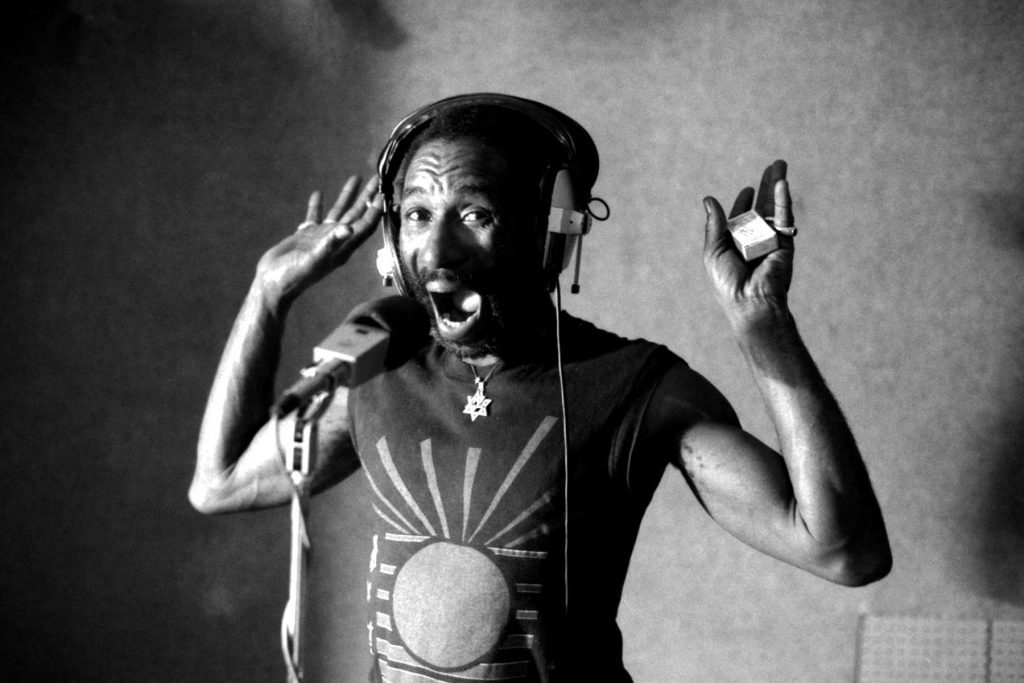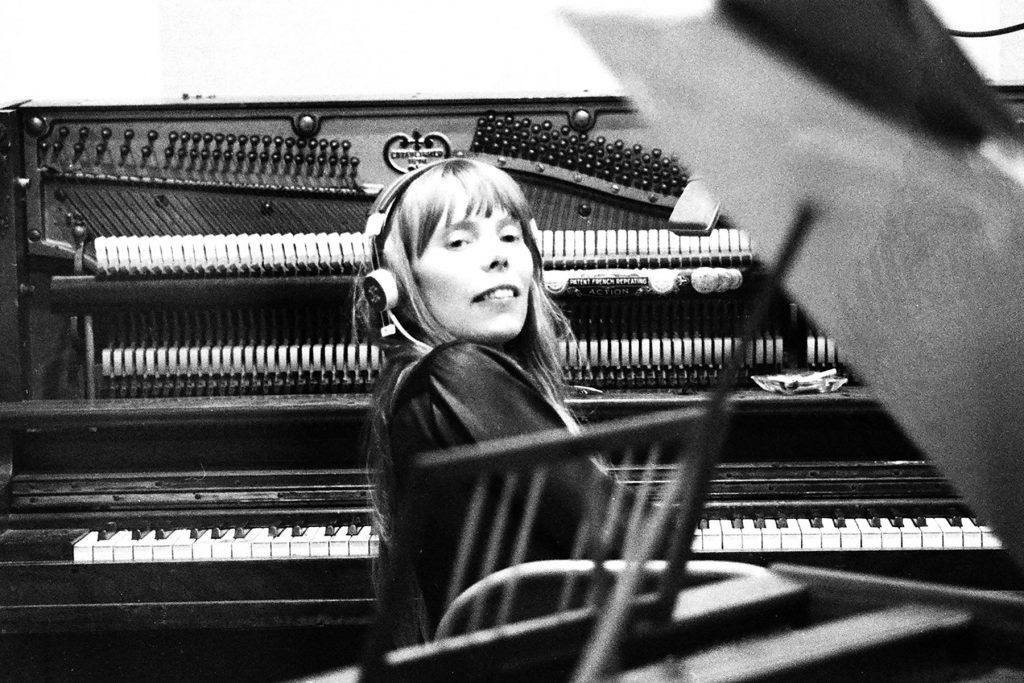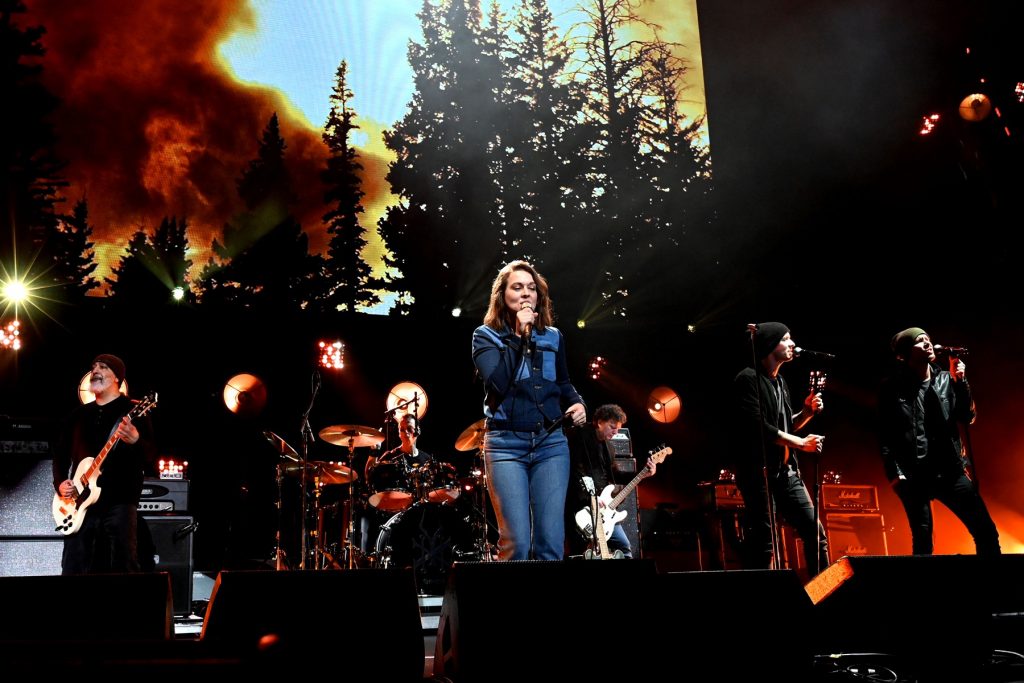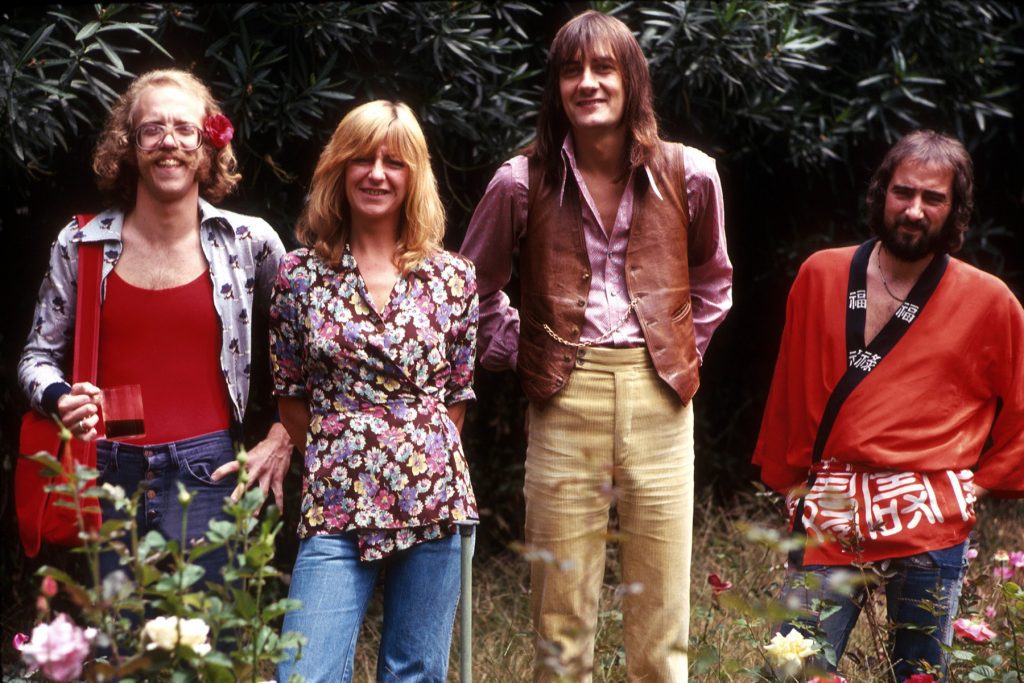
Lee ‘Scratch’ Perry: 10 Essential Songs
For 85 years, Lee Perry was many things: raconteur, sonic wizard, rhythmic innovator, talent scout, shit-stirrer, ladies’ man, boaster-on-the-mic, and by most accounts, the greatest record producer in Jamaican history. His discography as producer and guest star includes such titans as Bob Marley and the Wailers, the Clash, Beastie Boys, the Heptones, Junior Byles, the Congos, Max Romeo, and dozens more. But Perry was a recording artist foremost, so with a couple of crucial exceptions, we’ve concentrated on the work he released under his own name or, interchangeably, that of the Upsetters. It’s just the tip of a steep mountain.
“People Funny Boy” (1968)
Perry had made hits before 1968 — the first was “Chicken Scratch” (1965), which gave him his nickname. But the first record he made after leaving the Amalgamated label, run by Joe Gibbs, was also a public jab at his former employer (“Now that you reach the top/Now you turn big shot/All I’ve done for you/You no remember that”). The band he dubbed the Upsetters — Glen Adams on organ, Alva Lewis on guitar, Aston “Family Man” Barrett on bass, and his brother Carlton Barrett on drums — were already as versatile and loose as their boss’s imagination. And not least, “People Funny Boy” was also one of the first records to codify the reggae beat, distinct from ska and rocksteady before it, a rhythm felt around the world.
“Drugs and Poison” (1969)
The Upsetters made many Booker T. and the MG’s-style instrumental singles — the biggest was “Return of Django,” with its cowboy gait and tumbling horn line, which went Top Five in the U.K. This single B side, which also appeared on the Return of Django album, is the most indelible of the band’s reggae-soul grooves, with Adams’ curling organ line flickering over slipping-and-sliding bass and drums — Carlton’s drum fills ably complement the groove — with Val Bennett’s sax taking a cool-toned blues solo.
blogherads.adq.push(function () {
blogherads
.defineSlot( ‘medrec’, ‘gpt-dsk-tab-article-inbody1-uid0’ )
.setTargeting( ‘pos’, [“mid-article”,”mid”,”in-article1″,”mid-article1″] )
.setSubAdUnitPath(“music//article//inbody1”)
.addSize([[300,250],[620,350],[2,2],[3,3],[2,4],[4,2]])
;
});
Bob Marley and the Wailers, “Duppy Conqueror” (1971)
For many, the greatest recordings Bob Marley, Peter Tosh, and Bunny Livingstone made together as the Wailers were done with Perry, right before the trio signed to Island Records and went international. The Upsetters’ spring-loaded groove was the ideal setting for Marley’s mystical ghost story; his elliptical storytelling and Tosh and Livingstone’s incandescent harmonies glide effortlessly as Family Man levels the ground. When the Wailers moved on the following year, they took the Barrett brothers with them.
“Cow Thief Skank” (1973)
“The studio must be like a living thing,” Perry said in 1990. “The machine must be live and intelligent. Then I put my mind into the machine by sending it through the controls and the knobs.” If dub masters like Perry invented the remix, this bizarre tape-cut extravaganza may be the first-ever megamix: Perry stitches together a handful of his own grooves — notably, the Upsetters’ “Bucky Skank” — haphazardly but hypnotically, toasting in tandem with fellow chanter Charlie Ace. Its try-anything sensibility and random mooing make it one of a kind.
“Super Ape” (1976)
In 1973, Perry built Black Ark Studio in his backyard, cutting a long, dense string of masterworks there. He signed to Island Records as producer and artist alike in 1976, and his solo bow for the label, a dub masterwork complete with very mid-Seventies Marvel Comics-style cover art, was catnip to stoners worldwide. The title track of Super Ape — its 1978 sequel, Return of the Super Ape, is also recommended — has an inviting sparseness, underlined by an insistent bamboo flute that adds an unsettling undertone to the glistening groove.
The Congos, “Fisherman” (1977)
Perry soon soured on his Island deal, in part because Chris Blackwell was nixing his work right and left — including, most puzzlingly, Heart of the Congos, one of roots reggae’s most gorgeous albums. The Congos — vocal duo Cedric Myrton and Roy Johnson — had an eerie sound together, and this inspired biblical retelling features their loveliest harmonizing.
“City Too Hot” (1977)
Eight-and-a-half minutes of pure delirium, this track’s slow-mo groove isn’t so much hot as humid — the bass line evokes a sidewalk melting from the accumulated sweat of pedestrians. Perry always loved percussion, and various hand drums (congas, most obviously) are scattered through the mix, echoed and phased and smeared while Scratch’s vocal seems to grow farther away by the line. Eventually, he’s imitating jungle animals.
“Roast Fish and Cornbread” (1978)
The mooing sound familiar from “Cow Thief Skank” makes an appearance here, a wink to long-time fans — this, too, was a bizarre ride to the far side, with an abundance of near-empty space, particularly the sparse bass line, whose occasional flurries sound as if it’s liquefying. Its deceptively light tone was a contrast with the darkness to come. In 1979, Perry would burn down Black Ark Studio. Two years later, he burned down his relationship with Island: On the 1981 12-inch “Judgement in a Babylon,” Perry accused Chris Blackwell of being “a vampire.”
“Colt the Game” (1991)
By 1991, Perry was a very different artist than he’d been in the Seventies. In 1989, he met his second wife, Mireille Ruegg, and would move with her to Switzerland, where his recording pace, always high, only increased. This digital dancehall track, produced by Niney the Observer, was both a reprise of one of his favorite on-mic roles, the radio DJ coming to you live with the news. In this case, it was a tragedy: “I want to know who shot King Tubby,” he chants — the great dub master had been killed near his home in February 1989 — and shows some vintage Perry shade when he snarls, “Anything Bunny Lee touch dies.”
“Autobiography of the Upsetter” (2019)
Adrian Sherwood, Perry’s great British disciple, worked with the Upsetter on 2019’s Rainford, and its finale rides a bouncy groove whose tonality constantly shifts, while Perry looks back with fondness: “My mama, Indian blood/My father was a freemason.… They shared a drink together/They were gonna make an ungodly being/Just look at me.” He also repeats his accusation that Chris Blackwell drank chicken blood, just in case you might have thought he’d mellowed.
blogherads.adq.push(function () {
blogherads
.defineSlot( ‘medrec’, ‘gpt-dsk-tab-article-inbody2-uid1’ )
.setTargeting( ‘pos’, [“mid-article2″,”mid”,”in-article2″,”mid-article”] )
.setSubAdUnitPath(“music//article//inbody2”)
.addSize([[300,250],[300,251],[620,350],[2,4],[4,2],[3,3]])
.setLazyLoadMultiplier(2)
;
});




